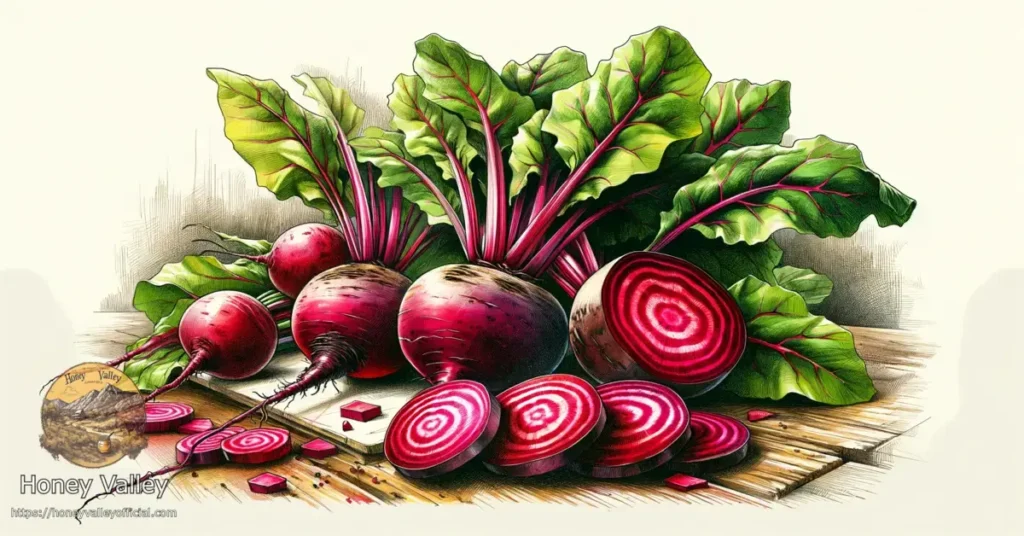When it comes to incorporating nutrient-rich seeds into our diets, flaxseeds and chia seeds are two popular choices. Both of these tiny powerhouses are known for their impressive nutritional profiles, including high levels of essential minerals like calcium. In this article, we will compare the calcium content of flaxseeds and chia seeds to determine which seed contains a higher amount of this vital mineral.
Flaxseeds: A Calcium-Rich Seed
Flaxseeds, also known as linseeds, are derived from the flax plant (Linum usitatissimum), which has been cultivated for centuries for its versatile uses. These small, brownish seeds are packed with various nutrients, including calcium.
While flaxseeds are not typically considered a primary source of calcium, they still provide a decent amount of this mineral. Approximately 100 grams of flaxseeds contain around 255 milligrams of calcium, which is about 26% of the recommended daily intake for adults.
In addition to calcium, flaxseeds are also an excellent source of other essential minerals, dietary fiber, and omega-3 fatty acids. They have gained popularity for their potential health benefits, such as reducing inflammation, improving heart health, and supporting digestive health.
Chia Seeds: A Calcium Powerhouse
Chia seeds, derived from the Salvia hispanica plant, have been consumed for centuries by ancient civilizations such as the Aztecs and Mayans. These tiny black or white seeds have gained modern-day popularity due to their impressive nutritional profile.
When it comes to calcium content, chia seeds surpass flaxseeds. Approximately 100 grams of chia seeds contain around 631 milligrams of calcium, which is about 63% of the recommended daily intake for adults. This makes chia seeds an excellent choice for individuals looking to increase their calcium intake.
Chia seeds are not only rich in calcium but also provide other essential nutrients like fiber, protein, omega-3 fatty acids, and antioxidants. They are often praised for their ability to promote satiety, support digestion, and contribute to heart health.
Conclusion: Chia Seeds Take the Lead
While both flaxseeds and chia seeds offer numerous health benefits, chia seeds have a higher calcium content compared to flaxseeds. With approximately 631 milligrams of calcium per 100 grams, chia seeds provide a significant amount of this essential mineral.
However, it’s important to note that the recommended daily intake of calcium varies depending on age, sex, and specific dietary requirements. It’s always advisable to consult with a healthcare professional or registered dietitian to determine the appropriate amount of calcium for your individual needs.
Incorporating flaxseeds or chia seeds into your diet can be a simple and effective way to boost your calcium intake. You can sprinkle them on yogurt, add them to smoothies, include them in baking recipes, or use them as a topping for salads or oatmeal.
Remember, while flaxseeds and chia seeds are nutrient-dense, they should be consumed in moderation as part of a balanced diet. Variety is key when it comes to obtaining all the essential nutrients your body needs for optimal health.


